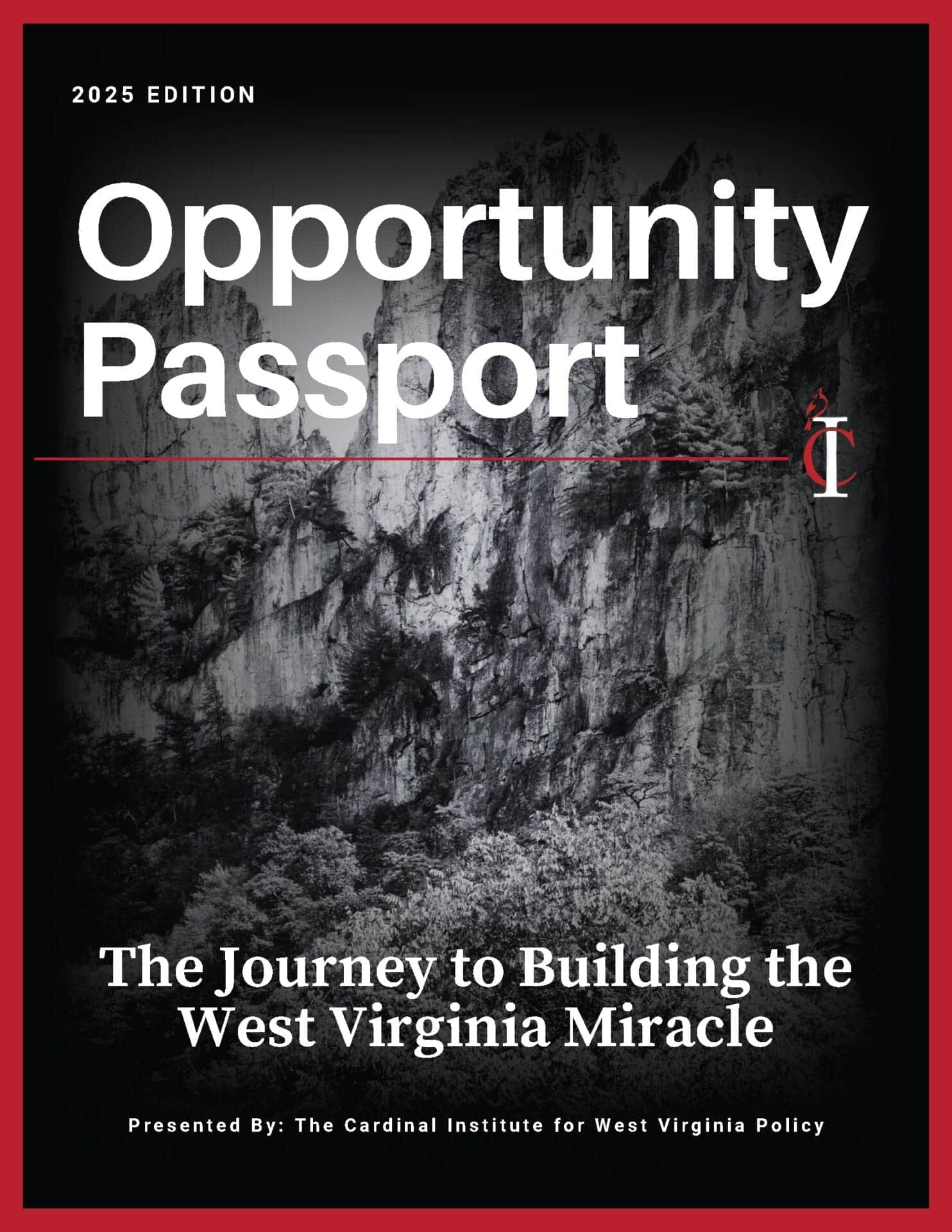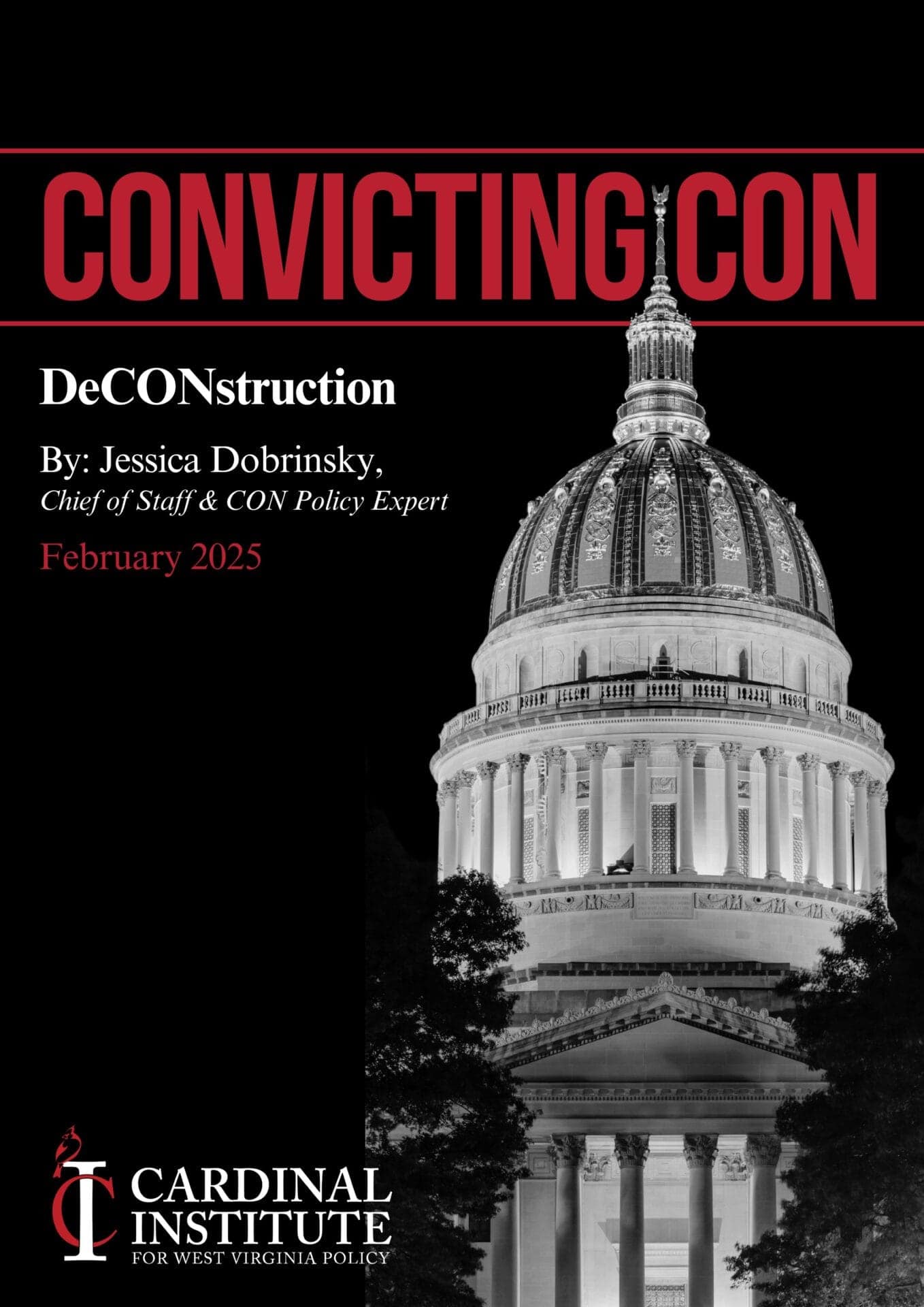
Unintended Consequences: “I didn’t think of that…”
What are Unintended Consequences?
A bit of a silly question, considering that the term is nearly self-defining. In short, unintended consequences are any unforeseen results, positive or negative, of deliberate action. We are all familiar with unintended consequences in our day-to-day lives. Struggling to retain information during a meeting at work because of a late Netflix binge the night before. An unexpected check from a forgotten 401(k). Having to eat a delicious home-cooked meal in a smoky kitchen (I am guilty here, sorry Lindsay).
As common or mundane as unintended consequences may seem, they are actually a topic of study in Economics. As policymakers draft potential legislation, economists want to know which of the 3 types of unintended consequences may come from these proposed laws. This allows them to calculate the benefits correctly or warn lawmakers of a potential misstep earlier.
What are the 3 types of Unintended Consequences?
I mentioned above that there are 3 types of unintended consequences. They are unexpected benefits, unexpected drawbacks, and perverse results.
Unexpected Benefits
Unexpected benefits are positive results that come from decisions without a desire to bring the benefits about. A famous example is the medication aspirin. Aspirin developed to be a pain reliever, much like acetaminophen or ibuprofen. However, aspirin also turned out to be an anticoagulant that could reduce the risk of heart attacks and mitigate damage during strokes. Another “little blue pill” was developed as blood pressure medication. Once its side effects were discovered, its stated purpose switched entirely.
Unexpected Drawbacks
Unexpected drawbacks are comparable to negative side effects. A medicine may solve your pain here but cause discomfort or dysfunction somewhere else. It met the stated goal with some downsides elsewhere. In 1996, AOL introduced a profanity filter. As a result, residents of Scunthorpe, North Lincolnshire in the UK were unable to create accounts altogether.
Perverse Results
Perverse results occur when the stated goal of a decision is actively fought against by that decision. The most famous perverse result is the Streisand effect. In 2003, Barbara Streisand sued a photographer for posting a photo of her home online. She wanted to keep her home’s appearance and location private. Before the suit, only 6 people had viewed the photo and two of those views were from Streisand’s lawyers. The publicity of the suit brought attention to the defendant’s website and the photo of Streisand’s home, resulting in 420,000 people downloading the picture.
How do Unintended Consequences relate to policymaking?
Not only do unintended consequences arise from decisions made by individuals or businesses, but they also make their way, clandestinely, into policies that governments put into place. My favorite policymaking story of unintended consequences relates to required child safety seats on airlines. I like this example not because it is humorous like some of the examples above, quite the opposite, but I think that it perfectly represents the second-order effects that lawmakers have to be aware of when passing any law.
There have been, at different times, proposals to ban lap infants from airlines. Currently, children under 2 years old can fly virtually for free by not taking a seat and instead riding on mom or dad’s lap. The proposed regulation would ban that practice, instead requiring an infant to ride in car seats fastened securely into their own seat on the airplane. This would, presumably, result in lower mortality for infants in case of a crash. I’ll pause now and let you ponder how this could go wrong.
The unintended consequence of this regulation would be higher child and infant mortality while traveling. By mandating infants have their own seat on an airplane, traveling by air will become more expensive, since a ticket purchasing that seat would be necessary. This, in turn, would incentivize more families to drive to their destination instead of flying. Driving is a significantly more dangerous mode of travel than flying. More families with children on the road means more accidents and more accidents mean more injured (or worse) children.
How should lawmakers think about Unintended Consequences?
For lawmakers to avoid results like those above, they should examine every piece of legislation carefully. And they must pose questions about second-order effects. “How am I changing incentives?” is an excellent one that will capture many perverse results. Lawmaking bodies must, in the face of perverse results, be as willing to repeal legislation as they were to pass it in the first place.
Jacob McCoy is a Contributor to the Cardinal’s Nest Blog.
Read More by Jacob








